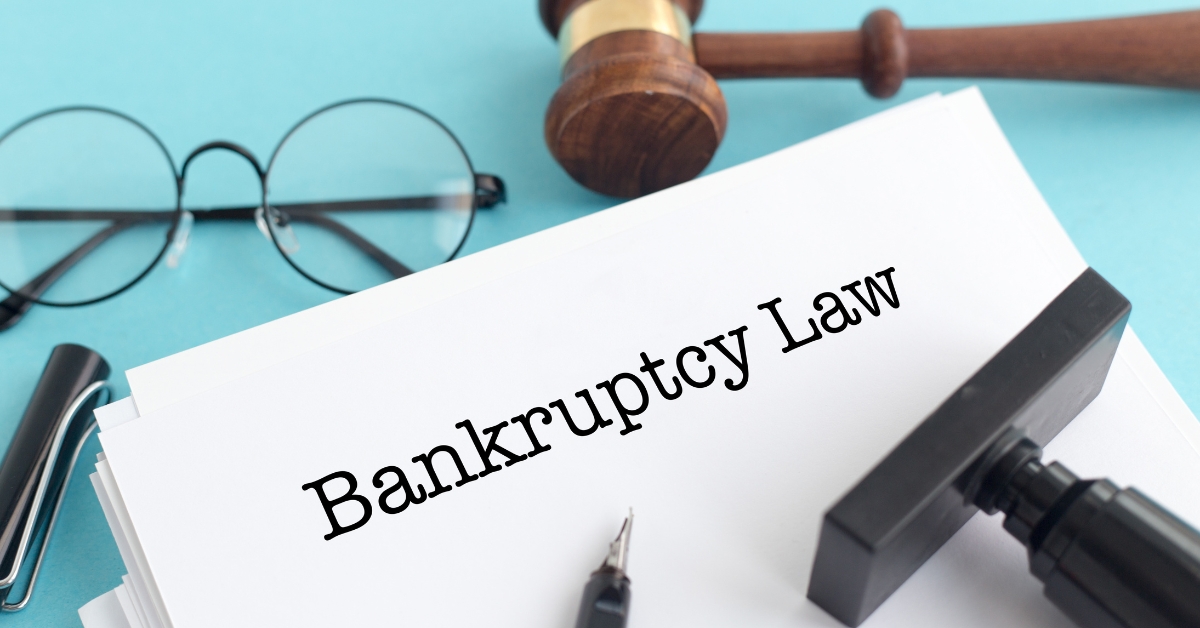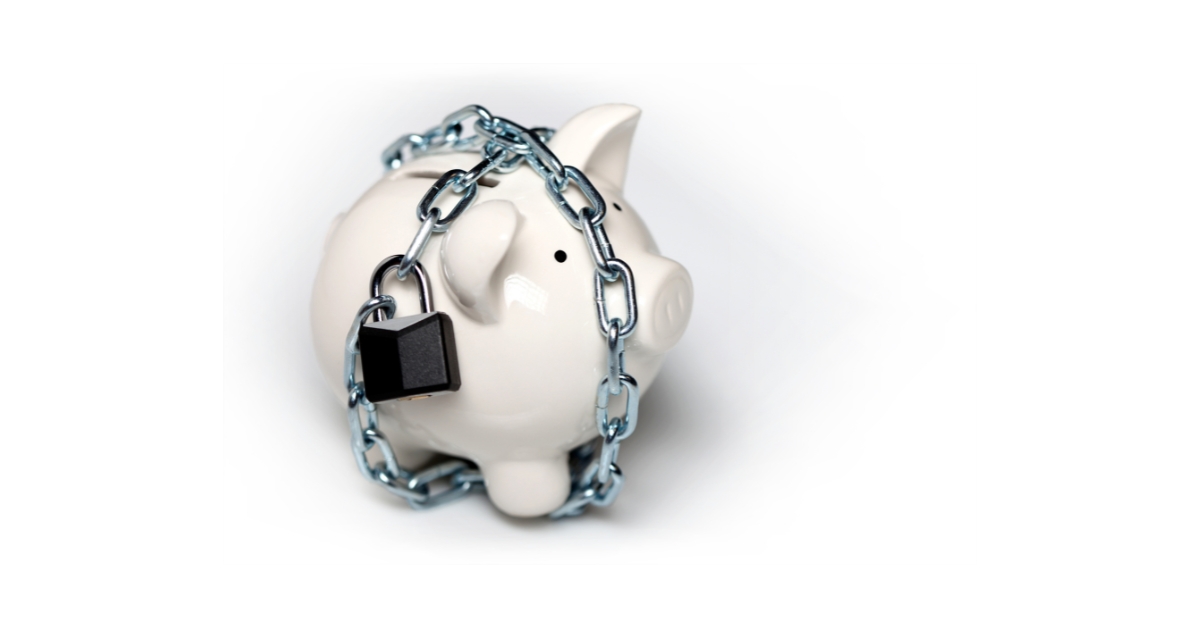Are you wondering can an estate file bankruptcy? Law restricts bankruptcy filings to individuals. So an estate cannot file for bankruptcy.
Read this guide to learn more about what this means for you or your heirs. It includes valuable information to help you protect your estate and tips for dealing with debts after a loved one passes away.
Can an Executor of an Estate File Bankruptcy?
Although the bankruptcy code dictates that an individual must file for bankruptcy protection under Code 11 U.S.C. Section 109, an executor of an estate cannot file on behalf of the deceased person.


What Happens to Debts When a Person’s Estate is in Probate?
After someone dies, an estate is created in their name. Then creditors can file for payment from the estate for debts the individual owes to them. After the executor pays off all the debts, heirs receive the remaining funds or assets according to the person’s will or the heirship laws in the jurisdiction of the estate.
How Long Do Claimants Have to File Against the Estate?
The time that individuals or businesses have to file a claim against an estate varies depending on the jurisdiction. In some states, it is as little as 60 days if the estate value is less than $300,000 and longer when the estate is worth more money.
Others, like Texas, give six months despite the estate’s value. So, creditors must act quickly, or they may lose the opportunity to recover the money the deceased owes them.
What is Included in a Person’s Estate?
Everything a person owns, including 401k, investments, royalties, real property, mutual funds, vehicles, furniture, and collectibles, goes into the estate. Debts are also included in the estate.

Suppose the estate has enough liquid funds to pay off the deceased’s debt, including mortgages, medical bills, credit card bills, and other personal financial obligations. In that case, the heirs receive whatever is left over after the debts are cleared.
If the debts are more than the funds in the estate, the person’s belongings are liquidated to pay them off.
Are You Responsible for Paying a Loved One’s Debts?
Depending on where the estate is, the spouse or parent of someone who dies may have to pay their debts or a portion of them. However, no one else is generally responsible for paying another individual sole and separate debts after they die.

If someone’s estate owes more than its value, the debts go unpaid. However, if you are the surviving spouse or a co-signor, you will likely have to satisfy any joint debts you have. That means you could leave your loved one responsible for paying off joint debts like expensive home loans, car payments, and credit cards.
If they cannot pay the payments on time, they may be subject to foreclosure or derogatory credit marks.
How to Protect Heirs Financially
With the cost of funerals and other financial obligations your estate is responsible for, your family may have less money to pay for necessities than you think if something happens to you.
Unfortunately, after you pass away, there is little protection for their heirs concerning the debts that your estate must pay. An individual can protect funds they plan to leave to their family from creditors by preparing ahead, though.

For example, you can create a living trust and transfer assets into the trust before you die.
Leaving life insurance money is another way to pass down some material wealth. You are not responsible for paying someone’s debts with money you receive as a life insurance policy beneficiary. You can also purchase insurance that pays your mortgage off in the event of a death.
The best thing to do is to speak to a financial planner. They can advise you on protecting your family from financial pitfalls and help you purchase insurance or set up a trust. They will also be able to assist your family or the executor of your estate if something happens to you in the future.
Final Advice on Estate Bankruptcy
When it comes to the question, ‘can an estate file bankruptcy,’ the answer is no. Unfortunately, in most states, when someone dies owing money, the estate must pay the debt before heirs receive any funds or personal property.
The executor is responsible for contacting each known debt holder to notify them that the individual died. They must also follow the laws in the jurisdiction where the estate is being probated for providing public notices.
After paying off the deceased’s debts, the executor divides the remaining assets according to the individual’s will. So, the best way to protect your heirs is to plan.
Read the other guides on our site to learn more about personal finance matters, like how much money you should save before buying a house.
